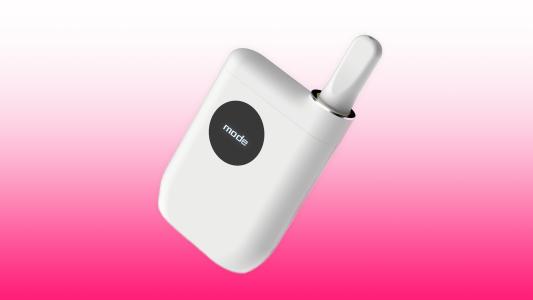A tiny implant offers a new weight loss option, and a gastric bypass alternative, for people suffering from obesity.
The device uses light to stimulate the nerve responsible for regulating food intake. A tiny glow from the implant and users don’t feel as hungry — instead, they feel full.
Researchers at Texas A&M say that this dime-sized device could provide a far less invasive surgical option than the so-called stomach stapling surgery — which is currently a last resort surgery for obese patients. This could be a viable option for a gastric bypass alternative.
“We wanted to create a device that not only requires minimal surgery for implantation but also allows us to stimulate specific nerve endings in the stomach,” said Texas A&M’s Sung II Park. “Our device has the potential to do both of these things in the harsh gastric conditions, which, in the future, can be hugely beneficial to people needing dramatic weight-loss surgeries.”
For people who struggle with severe obesity or weight-related illness, gastric bypass surgery can be an option. Often, it is a last-resort option when diet and exercise don’t work. A surgeon divides the stomach into two pouches during the procedure and redirects food directly into the small intestine. The entire process is very invasive, and most patients take a long time to recover, but there are not many options for a gastric bypass alternative.
In a new study published in Nature Communications, researchers describe how a medical implant can help. While looking for a gastric bypass alternative, the team decided to focus on the vagus nerve. This nerve is gaining attention for treating obesity because it can provide sensory information, delivering a feeling of fullness from the stomach to the brain.
Targeting the vagus nerve with an implant isn’t a novel idea for a gastric bypass alternative. But, unlike most of the existing devices, which use electrical stimulation, Park wanted to find a different solution — one that is more affordable and involves less invasive surgery.
So he turned to a new field, called optogenetics, to look for genes that respond to light in the vagus nerve endings. Then, he inserted micro LEDs into a tiny, flexible device fastened to the stomach. Microchips in the head of the device allowed it to be wirelessly controlled with an external radio frequency remote.
When the radio frequency was turned on, illuminating the tiny LEDs, the device activated genes in the nerve, which effectively suppressed hunger.
“Wireless optogenetics and identifying peripheral neural pathways that control appetite and other behaviors are all of great interest to researchers in both the applied and basic fields of study in electronics, material science and neuroscience,” Park said.
“Our novel tool now enables interrogation of neuronal function in the peripheral nervous systems in a way that was impossible with existing approaches.”
To translate that jargon into English: it’s now possible to trigger nerves using only light, rather than electricity. Eventually, this technique could be used not only to control feelings like hunger, but also pain and other conditions.
We’d love to hear from you! If you have a comment about this article or if you have a tip for a future Freethink story, please email us at tips@freethink.com.
